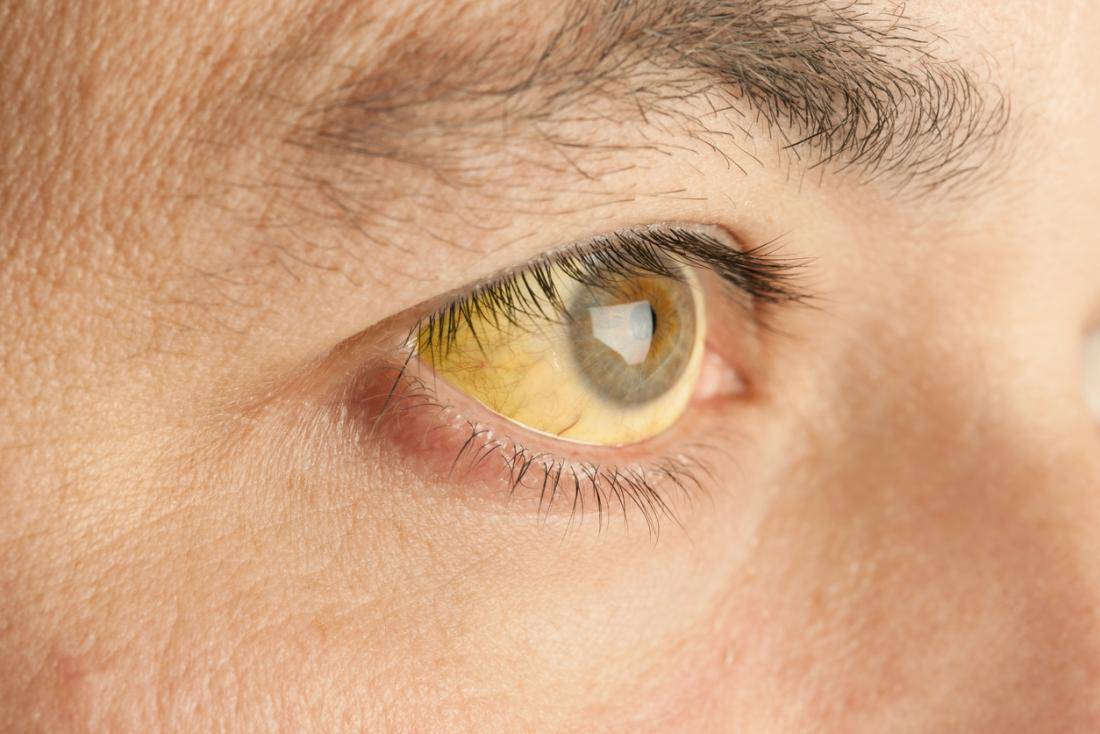The Costa Rican Ministry of Health announced that as of February 2025, it will require a yellow fever vaccination certificate from all travelers going to 44 countries.
These countries include Bolivia, Brazil, Ecuador, Colombia, French Guiana, Guyana, Paraguay, Peru, Suriname, Venezuela, Trinidad and Tobago, Angola, Benin, Burkina Faso, Burundi, Cameroon, the Central African Republic, Chad, the Republic of Congo, Kenya, Liberia, Mali, Mauritania, Niger, Nigeria, Senegal, Sierra Leone, Ivory Coast, Equatorial Guinea, Ethiopia, Gabon, Gambia, Ghana, Guinea-Bissau, the Republic of South Sudan, Rwanda, Sudan, South Sudan, Tanzania, Togo, Uganda, and Zambia.
This decision was made by health authorities, as these areas are classified as high-risk zones for yellow fever transmission. The Ministry of Health noted that due to a shortage of vaccines against this disease, a special free vaccination day will be conducted today. The vaccination will be held at two locations: the National Stadium (La Sabana) and INCIENSA’s facilities (Tres Ríos) from 8:00 a.m. to 4:00 p.m.
The vaccination will be available for people traveling to risk areas in January, February, and March 2025, those who need the vaccination certificate, and will also be accessible for others based on availability.
Interested individuals should register using the ministry of health website. “This reflects the commitment of the Ministry of Health to ensure access to necessary vaccines for our population,” stated the Minister of Health, Dr. Mary Munive.
Munive indicated that the situation would continue to be monitored, and necessary actions will be taken to protect the public. Yellow fever is a mosquito-borne viral disease caused by an RNA virus from the Flaviviridae family, primarily affecting tropical areas of Africa and South America.
Although most cases are asymptomatic, they may include fever, fatigue, nausea, and muscle aches. In severe cases, it can cause jaundice, liver failure, internal bleeding, and multiple organ damage, with a high case fatality rate of up to 60%. Vaccination is the primary preventive measure and is administered on a single occasion, being effective 10 days after administration.






